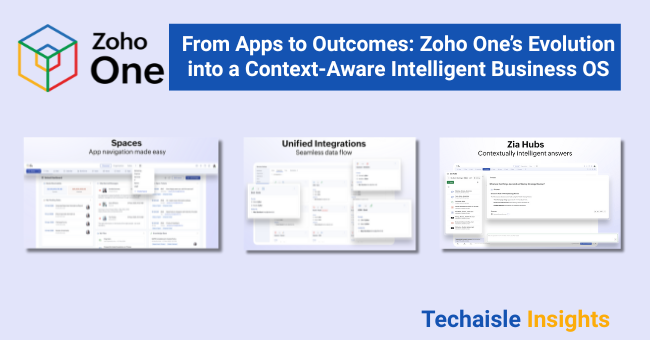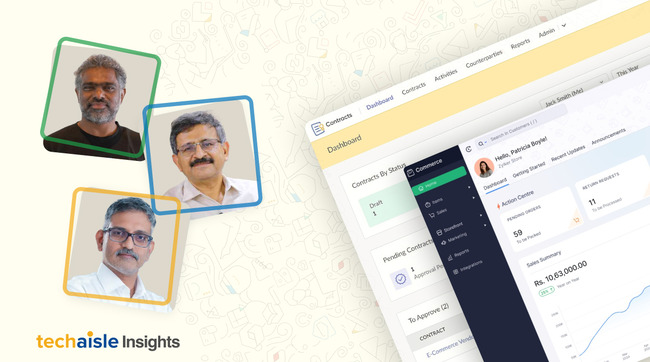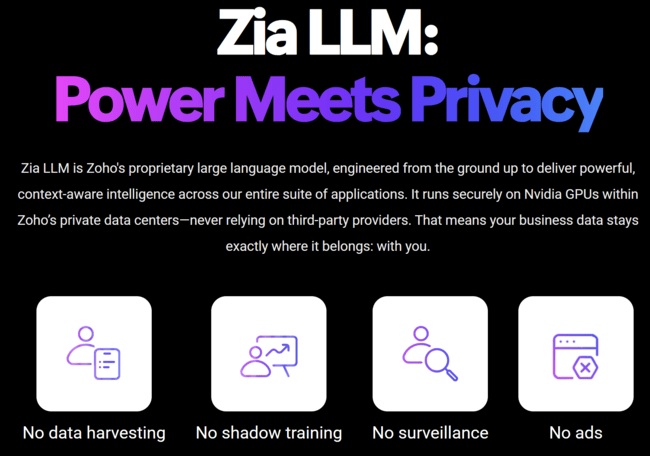The narrative that Zoho is merely a launchpad for startups is not just outdated; it is analytically lazy. For years, I have watched the company systematically lay the foundation for something far more ambitious than just serving the SMB. We are not witnessing a sudden pivot triggered by a press release or a quarterly update. Instead, we are seeing the fruition of a decade-long, deliberate architectural strategy. Zoho has been quietly building the scaffolding for scale, ensuring that when a business outgrows its startup roots, it does not have to uproot its digital operating system. The news here is not a specific feature launch; it is the realization that Zoho has effectively closed the capability gap that once forced growing firms to migrate to bloated legacy enterprise systems. Techaisle’s latest research confirms exactly why this matters: 71% of upper midmarket firms cite "Scaling Operations" as a top business issue, yet they are often held back by "Legacy Modernization Paralysis," which they rank as a top-4 IT challenge. Zoho built a landing zone for these midmarket firms—a place where complexity is managed, not punished.
















